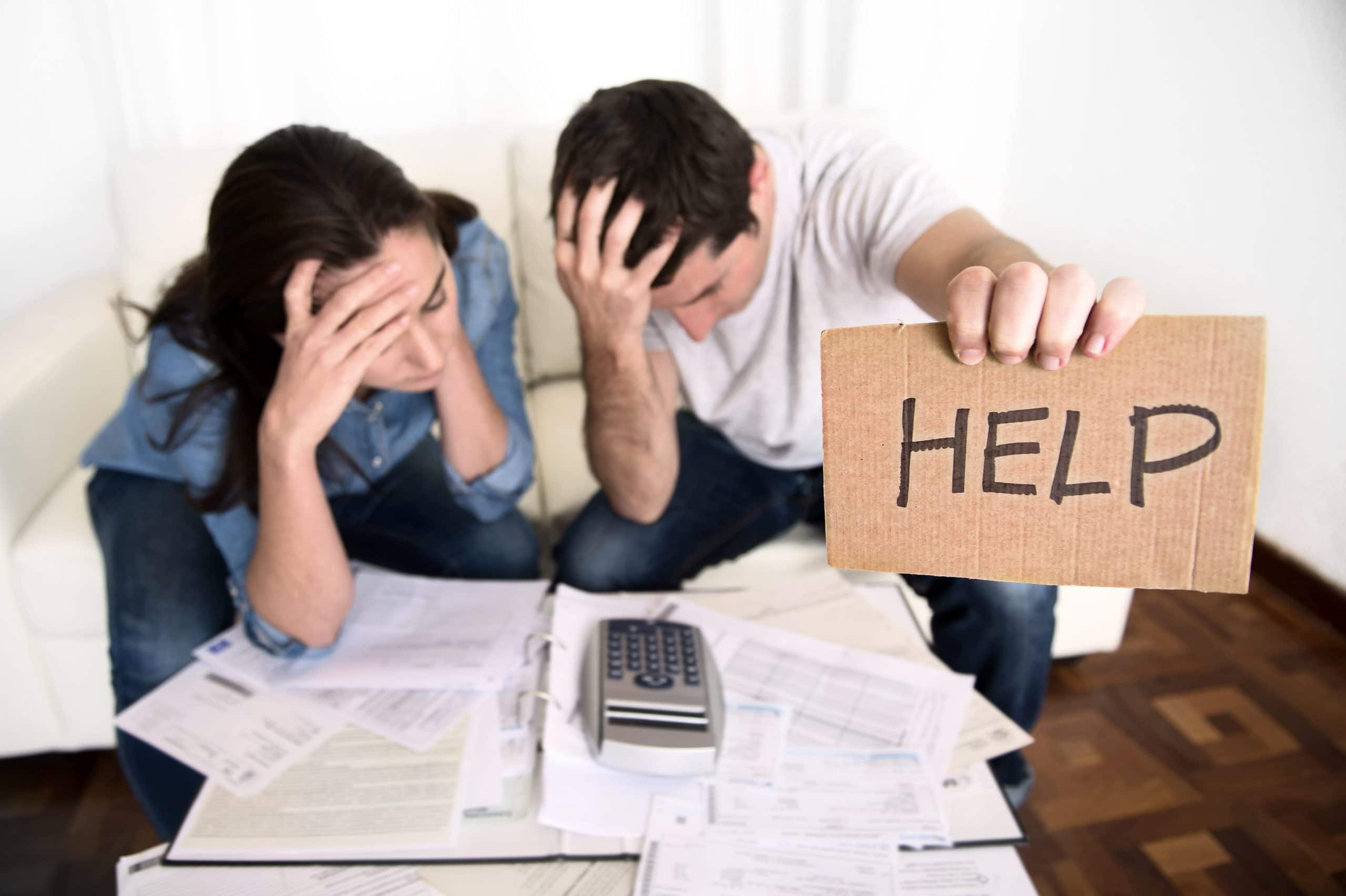Are you wondering why your gas bill is so high? From an increase in energy consumption, to appliance efficiency and potentially hidden reasons, we'll explore the key factors that may be driving up your gas bill. Explore the possible reasons for your increased gas bill and find answers right here with Savvy.
What are some of the possible reasons my gas bill is so high?
Did you get a shock last time you received your gas bill? Was it far higher than you expected it to be? There’s quite a few reasons why your gas bill may have blown up recently. Here’s a few possible reasons why:
Increased gas consumption
It may seem like an obvious reason, but have you used more gas than usual recently? Sometimes we just don’t realise we are using more energy until our gas or electricity bill arrives, and we’re shocked to see how high the bill is.
You can investigate if your gas usage has increased compared to your usual consumption by looking on Page 2 of your gas bill, where there are comparative figures for consumption shown. These usually show you how much gas you’ve used compared to the same time last year, or compared to your average monthly or quarterly consumption.
If you have used more gas than usual, these are some of the more common reasons for an increase in usage:
- Colder weather: if it has been colder than normal recently, you may have had your gas heating on for longer periods of time.
- Longer showers: colder weather also tends to increase the length of hot showers that we take.
- Family visiting: have you had family or guests visiting recently? More people in the house can result in more hot showers, more laundry being done, and more cooking, potentially resulting in higher gas bills.
- Changes in habits: Have you recently made a lifestyle change which may have resulted in additional gas usage? For example, have you taken up a new hobby or joined a new sports team, resulting in more frequent washing of uniforms or sports clothes?
- New appliances: Have you bought any new gas appliances recently? A new gas heater, water heater or stove can affect your gas usage.
Increase in gas prices
The cost of electricity and gas has increased significantly in Australia since the end of 2021. The increases are showing no signs of relenting either, with some Aussies facing energy bill increases of 18% to 23% as from 1 July, 2023. The reasons for the increase are varied, including:
- domestic supply not keeping pace with demand for gas in Australia, resulting in price increases due to scarcity of supply
- the results of the war in Ukraine, with global gas supplies stretched by the Russian invasion of its neighbour
- supply chain issues caused by COVID-19 still having an effect on global supply chains
Faulty or inefficient appliances
Have you changed the filters or had your gas heater serviced recently? If not, using faulty or inefficient gas appliances can lead to increased gas consumption and higher gas bills. Appliances with worn-out components, poor maintenance or outdated technology may not operate properly, causing them to use more gas than necessary. It's important to regularly check and service your gas appliances to ensure they are in good working condition. Upgrading to energy-efficient models can also help reduce gas usage and lower your overall gas bills.
Meter reading issues
Occasionally there can be issues or errors with gas meter readings, which can result in unusually high gas bills. Problems can occur if the meter reader was unable to access your gas meter, for example if a dog was left unrestrained when the meter reader was due to visit. If an accurate meter reading was not possible, an estimated bill can sometimes be issued, which can result in a higher-than-expected gas bill.
Billing issues or errors
Billing errors can occur due to various reasons, such as incorrect data entry, technical glitches, or miscommunication between the gas retailer and meter reader. These errors can potentially result in inflated gas bills that do not reflect your actual usage. If you do receive a gas bill that seems unusually high, or doesn't match your normal consumption patterns, it's advisable to reach out to your gas retailer for clarification. They can investigate the issue and make the necessary adjustments to rectify any billing errors promptly.
Simple tips to save money: how to reduce the size of your gas bill
Here’s some awesome tips to reduce your gas bills:
-
Reduce your hot water use
If you have an instant gas hot water system, turn down the thermostat by a few degrees so you use slightly cooler water in your showers, and for washing clothes. Take shorter showers. Wash your clothes in cold or warm water instead of using hot water. Run your dishwasher less often.
-
Only heat the space you use in your home
Think about whether you’re using your home heating efficiently. Don’t heat areas of the house that aren’t being used. Shut off bedrooms that aren’t being used to reduce the amount of space that is being heated, and close ceiling vents in rooms that you don’t need to be heated.
-
Cook more efficiently
If you use gas to cook with, there’s several things you can do in the kitchen to reduce the amount of gas you use when preparing your family meals. These include matching your saucepan size to the burner size, using lids on your saucepans, avoiding unecessary oven use like long preheating or using the oven just to heat leftovers for a short time. You could also look into alternative cooking methods such as slow cookers, pressure cookers or electric grills.
-
Compare gas plans and retailers
Regularly review the amount you are paying for your gas by comparing gas plans from different retailers. Use Savvy’s free comparison service to look for more competitive tariffs, plan discounts or sign-up bonuses that could save you money on your gas bill. Comparing gas plans and then switching to a more cost-effective plan can result in substantial savings on your gas bill.
-
Upgrade to energy-efficient appliances
Consider replacing outdated and inefficient gas appliances with energy-efficient models. Look for appliances with high energy star ratings, as they are designed to consume less gas while maintaining performance. Upgrading to newer technology can lead to long-term savings on your gas bills.
-
Regularly service your gas appliances
Maintain your gas appliances regularly to ensure optimal performance and efficiency. Clean or replace filters, check for leaks, and always ensure proper ventilation for your gas appliances. Well-maintained appliances operate more efficiently, reducing gas consumption and saving you money.


